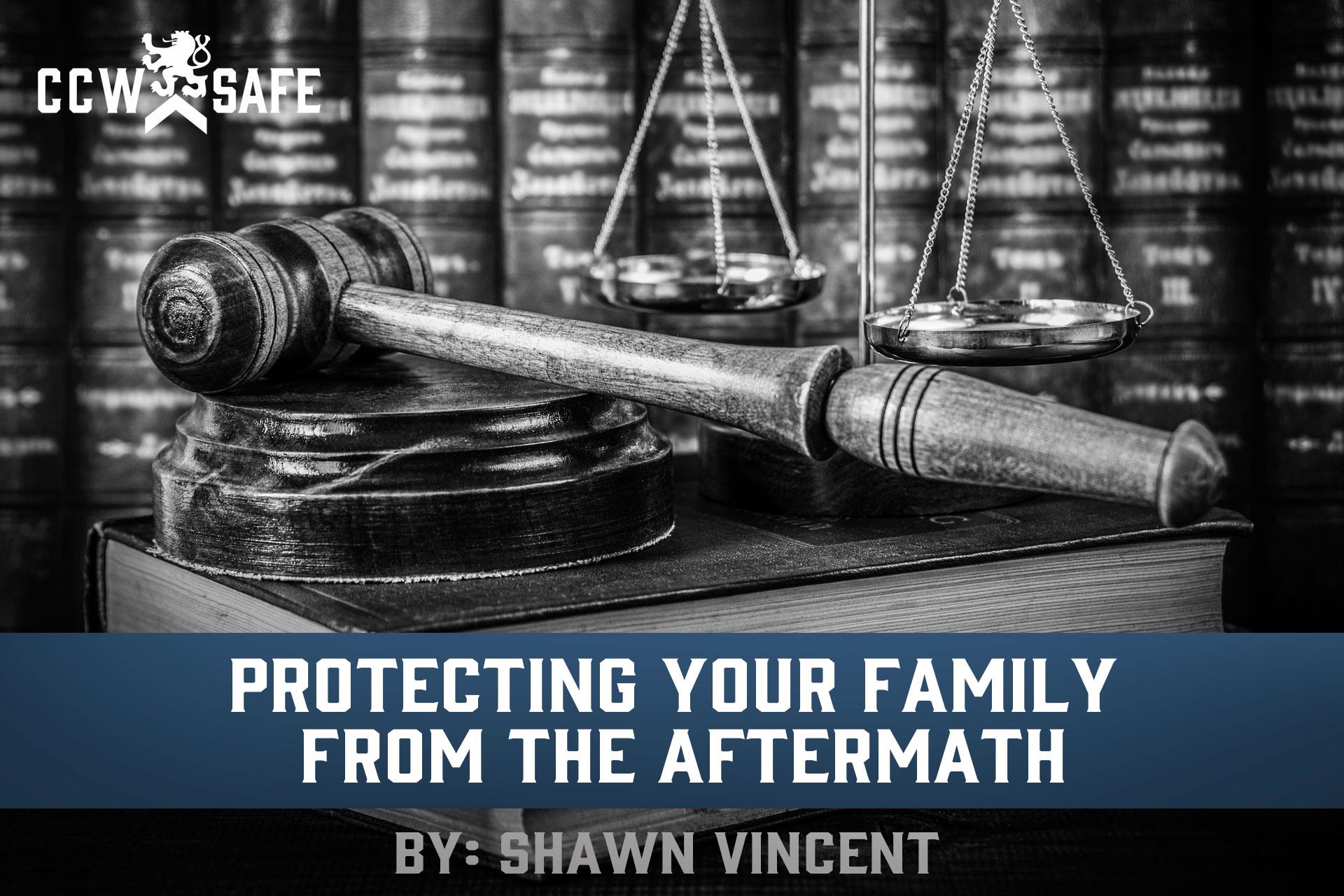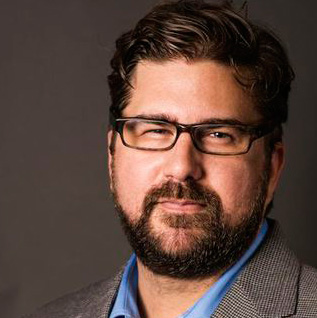
Posted on January 8, 2021
Protecting Your Family From The Aftermath
Protecting Your Family From The Aftermath
Even Justified Shootings Have Consequences
Not long ago, we spoke to Tatiana Whitlock and Claude Werner, both well-regarded firearms instructors, about why people choose to become concealed carriers. One of the most common answers their clients give is this: to protect themselves and their families.
Tatiana regards a firearm as a “tool” used to solve self-defense “problems,” and she told us that “the ultimate goal is that your quality of life and your family’s quality of life does not change because of the tools you have at your disposal.”
Claude expressed a similar sentiment when he told us self-defense is not just “protecting your family from the incident itself, but also from the aftermath.”
The truth that both Tatiana and Claude allude to here is that a self-defense shooting, even when justified, can have a traumatic effect on the lives of your family.
Last year, we told you about the shooting of Alan Womack. After an argument during a basketball came, Womack chased down the unnamed defender and pulled a gun. The defender, a licensed concealed carrier, drew his pistol and shot first, killing Womack. 22 days later, the district attorney announced there would be no charges filed for the homicide, but imagine the stress and uncertainty the defender endured during those three long weeks.
We’ve also told you about the Charles Dorsey case where the homeowner shot an intruder who had forced entry through the front door. It turned out the intruder was the intoxicated guest of the next door neighbor. Inebriated, he had confused the houses. He was unarmed. While the shooting happened on July 21, 2019, the prosecutor didn’t declare the homicide justified until September 3. During the intervening five weeks, Dorsey had to hire an attorney while the case was highly publicized in the local media.
It’s hard to find cases where the defenders were more legally justified than the defenders in these two shootings. Nonetheless, both men faced weeks of agonizing uncertainty while they waited for investigators to determine their fate.
We’ve explored other cases where the defender made errors in judgement that led to prolonged prosecutions. Alexander Weiss shot Muhammed Rahim after a tense confrontation following a car crash. Even though Rahim and a friend were the clear aggressors, they were unarmed, and Weiss’ controversial decision to use deadly force resulted in hung juries in two separate trials. When the prosecutor reluctantly dropped charges in November of 2019, it had been 22 months since the shooting, and Weiss and his family had endured nearly two years of agonizing uncertainty and the expense of having to mount a legal defense — twice.
Weiss’ lawyer told a reporter “I think it’s the unknown that’s the worst. Not knowing what’s going to happen. The fact that the case was dismissed won’t probably disassociate his name with this homicide.” In March of 2020, a judge agreed to seal the records in Weiss’ case, but the news reports will last the rest of his life.
Claude Werner says, “I just assume that I’m going to have to interact with the legal system on a fairly unpleasant and expensive basis anytime I have a shooting.” He’s right. It’s a good assumption that even the most cut-and-dried self-defense claim will be carefully scrutinized in a weeks-long investigation.
And not all investigations end with a prosecution or exoneration. Don West, criminal defense lawyer and CCW Safe National Trial Counsel, told me that he’s dealt with cases that were neither charged nor dismissed. As the years pass, the defender may feel more confident that charges will never be filed, but there is always a lingering uncertainty.
None of this is meant to dissuade concealed carriers and gun owners from defending themselves in critical life or death circumstances; enduring a criminal investigation is far better than being killed by an attacker. That said, in so many of the cases we have explored — even some of the home intruder cases — we’ve been able to identify opportunities the defender missed to safely de-escalate or avoid a deadly encounter. I think some of these defenders felt sure they were justified but underestimated the legal realities that were to follow and how it would upend their lives.
The lesson for concealed carriers is that protecting yourself and your family includes avoiding unnecessary self-defense shootings. When there are no other safe options, don’t let the fear of criminal prosecution stop you from doing what you need to do to protect yourself and your family. However, when there are safe alternatives to using deadly force — even when you feel legally justified — avoiding a shooting will save you and your family from the nightmare of a criminal investigation or prosecution.
 |
SHAWN VINCENT- LITIGATION CONSULTANTShawn Vincent is a litigation consultant who helps select juries in self-defense cases, and he manages public interest of high-profile legal matters. If you have any questions for Shawn, or would like more articles like this, let us know belo |